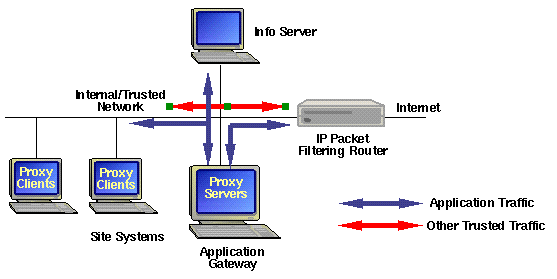
This translates to an effective maximum of 99 user-defined rules per policy, because the default rule is reserved and cannot be modified. By default, each policy can have a maximum of 100 rules, including one default rule. The OneFS firewall automatically reserves 20,000 rules in the ipfw table for its custom and default policies and rules.

Packets passed to the firewall are compared against each of the rules in the policy, in rule-number order. When enabled, the OneFS firewall function is cluster wide, and all inbound packets from external interfaces will go through either the custom policy or default global policy before reaching the protocol handling pathways.

If there is no custom firewall policy configured for a network pool, it automatically uses the global default firewall policy. Note that each pool can only have a single firewall policy applied to it. The rules are then organized within a firewall policy, which can be applied to one or more network pools. The individual firewall rules, which are essentially simplified wrappers around ipfw rules, work by matching packets through the 5-tuples that uniquely identify an IPv4 UDP or TCP session: Additionally, being network pool based allows the firewall to support OneFS access zones and shared/multitenancy models. The firewall gracefully handles SmartConnect dynamic IP movement between nodes since firewall policies are applied per network pool. The firewall’s configuration is split between gconfig, which handles the settings and policies, and the ipfw table, which stores the rules themselves. Note that the firewall is only available once a cluster is already running OneFS 9.5 and the feature has been manually enabled, activating the isi_firewall_d service. Under the hood, the OneFS firewall is built upon the ubiquitous ipfirewall, or ipfw, which is FreeBSD’s native stateful firewall, packet filter, and traffic accounting facility.įirewall configuration and management is through the CLI, or platform API, or WebUI, and OneFS 9.5 introduces a new Firewall Configuration page to support this. Limit access to the OneFS Web UI to specific administrator terminals.

#Host based firewall update
NOTE: The firewall policies do not automatically update when port configurations are changed. The default firewall policies block all nondefault ports until you change the policies.Ĭompare your cluster network port configurations against the default ports listed in Network port usage.Įdit the default firewall policies to accommodate any non-standard ports in use in the cluster. Ensure that the cluster uses a default SSH or HTTP port before enabling.


 0 kommentar(er)
0 kommentar(er)
